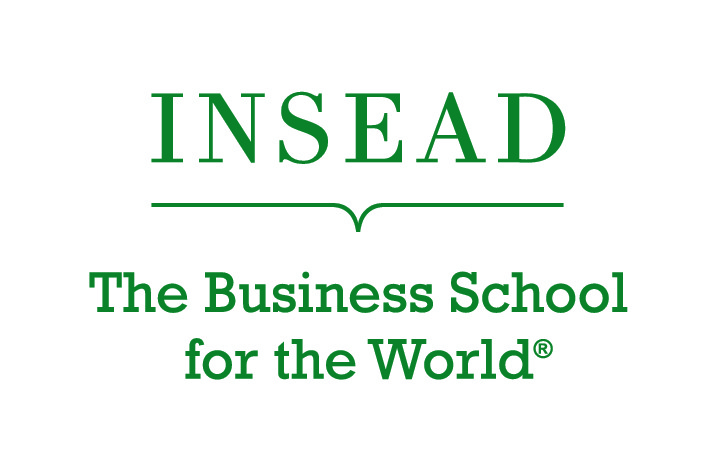- Managing people
Authentic Career Narratives
How authenticity beats the mere recital of a résumé however successful
In a recent article for INSEAD Knowledge Patricia Gibin reflects on her interviews with too many executives who were unable to describe their careers in ways that stood out and let their success shine through. Her insights are of value both to aspiring executives and to our understanding of the dynamics of recruitment. In this extract, she highlights the importance of authenticity in creating a memorable career narrative:
Essentials for an authentic career narrative
Analysing narratives through the lens of authenticity, I found that those who reflected on the ‘why’ of their choices, revealing motivation in their stories, were perceived as more authentic. I dubbed this process of reflection on the meaning of personal career experiences and choices, reflective thinking. It became the first of the three elements of an authentic career narrative. The concepts of emotional presence, being fully present in the moment, and authoring, taking the author’s role, emerged from the course of my thesis research and completed the tripod of authenticity.
Reflective thinking
Reflective thinking is an analysis that draws the meaning behind one’s career experiences and choices, aiming for continuous personal development. Authenticity requires reflection to gain self-awareness. For a career narrative to be authentic, storytellers need not only to engage in self-reflection, but also to express knowledge by sharing their values, beliefs and motivations. The process of reflection, therefore, demands discipline in both cognitive and emotional aspects. It involves not jumping to conclusions and exploring meaning through observing one’s thoughts, feelings and behaviours related to career experiences, decisions and choices.
Emotional presence
As an outward expression of authenticity, emotional presence is the inner state of being completely in the moment. It allows the expression of thoughts and feelings with words, face, body and voice all congruently employed to truly connect with others. When a narrator employs emotions in the process of storytelling, the listener empathises with and will better remember the teller.
Authoring
Authoring, also vital to authenticity in career narratives, is a process that concerns how individuals engage in the construction of their work stories, forge their career identities and tell the tale with a sense of ownership.
It is important to emphasise that the construction part is the continuous effort involved in telling, editing and retelling one’s career narrative. Every situation that allows a person to talk about their career pushes that teller into conscious or unconscious meaning-making analysis of past and present experiences that serves as a bridge towards future career possibilities.
Authenticity is for the brave
Using these three elements, what can you do to create an authentic career narrative?
Develop a regular practice for reflection and introspection. As you continuously expand your awareness of your behaviours, thoughts and feelings, you will understand, non-judgementally, your career journey and learn from the stories within. Such a practice can increase empathy and show you how to be compassionate to yourself and consequently to others, while fostering deeper-level connections. Meditation, mindfulness, metacognition or even journaling can all to a different degree contribute to extend your awareness.
Growing a self-authoring mind – the internal capacity to define one’s beliefs, identity and social relations – allows individuals to express with confidence their intrinsic values when telling their career narratives and thus be perceived as being more authentic. In contrast, individuals who can’t differentiate the extrinsic and intrinsic forces driving their careers can cloud who they are.
Finally, embrace vulnerability thoughtfully. Self-disclosure can range in breadth and depth. It may include thoughts, feelings, aspirations, goals, failures, successes, fears and dreams, as well as your likes, dislikes and favourites. As it is common to feel vulnerable after a self-disclosure, the decision to risk vulnerability is a complicated one. Having the confidence to allow for the vulnerability of self-disclosure is a powerful way to show up and choose authenticity.
Patricia Gibin is a Partner at Consulting and Coaching for Change in Sao Paulo, Brazil and a graduate of INSEAD's EMCCC '15.
As one of the world’s leading and largest graduate business schools, INSEAD brings together people, cultures and ideas from around the world to change lives and to transform organisations.
ARTICLES YOU MIGHT LIKE
RESEARCH
A recent study questions received opinion on the business case for executive racial/ethnic diversity
DEVELOPING LEADERS QUARTERLY MAGAZINE AND WEEKLY BRIEFING EMAILS

































